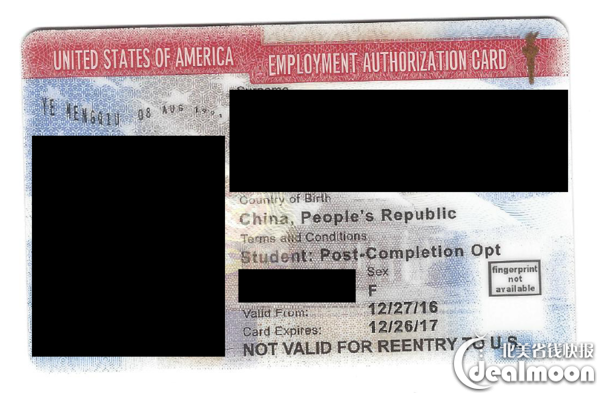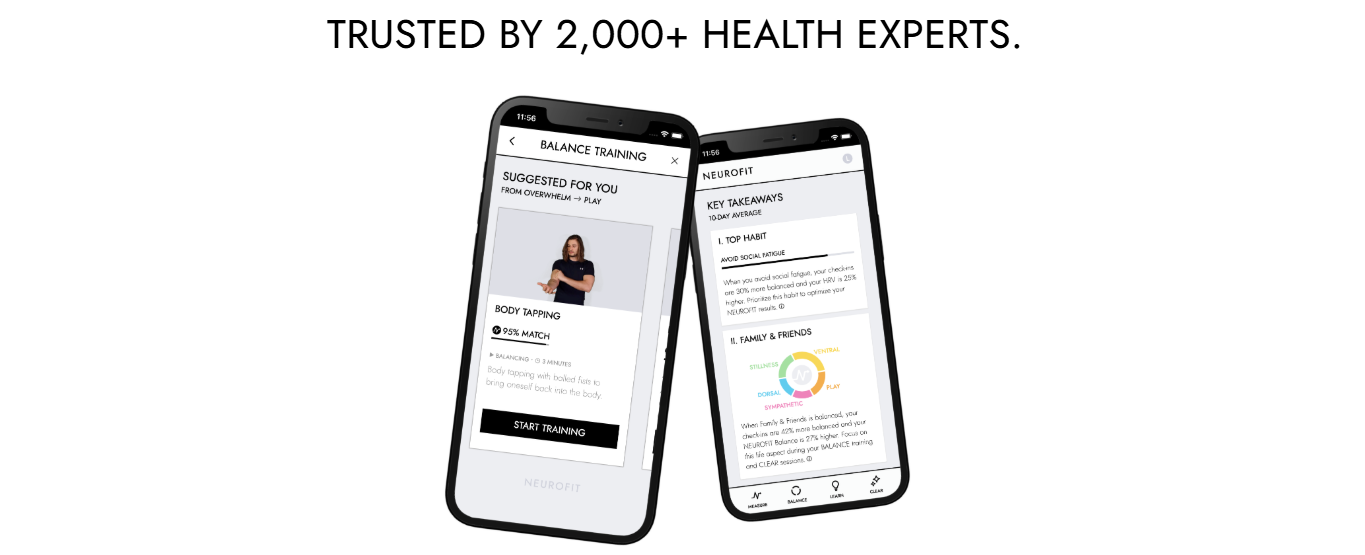I believe that all partners who have experienced graduation and are looking for jobs have questions about their legal identity. As a person who has experienced all CPT, OPT, OPT Extension and H1B applications, I want to share my experience with you.
1. CPT
What is CPT? It refers to your legal working status when you are in school (f1 status and have not graduated yet). If you find an internship while studying, you can apply for CPT to work legally with the school. Of course, CPT also has its own requirements, specifically:
Each degree can have a CPT of up to 12 months. That is to say, you can practice for up to 12 months during your undergraduate period, and you can have another 12 months during your master's period, but you can't transfer the CPT time you didn't use during your undergraduate period to the master's period. Although you can work "up to 12 months", we suggest that you should work less than 11 months to avoid affecting your OPT application.
CPT can only be used for those related to your major. If your major is mechanical engineering, then the internship you are looking for cannot be art design. Of course, if you can get involved and prove that your major is relevant, you can also try.
CPT is also divided into full time, part time It is common to find internships in summer vacation, so you can part time or full time at will. But if you are a full time student (12 hours for under, 9 hours for grades) in the regular semester in autumn and spring, your CPT can only be part time. If you are a part time student (for example, you can only register for 3hours), you can apply for CPT for 40hours full time! Is it a surprise. I just registered a credit for defense in the last semester, and then worked in CPT in full time. But my school status automatically becomes full time (even if I only registered 1 credit).
You can search about how to apply for CPT. There are many materials on the Internet, but the most important is your school's ISO website, which has detailed application deadline and Q&A. Every time I go to Q&A to search for a question, I can usually find the answer.
CPT does not have a card. It only displays on your i-20.
2. OPT
I think everyone is very familiar with OPT If you do not apply for OPT after graduation, you can legally stay for 3 months. But after you apply for OPT, you can legally stay for one year. Moreover, OPT does not require job offer letter, so any graduate can apply for OPT. Of course, there are a few things to pay attention to
Like CPT, your OPT must be related to your major. Of course, because there is no need for an official job offer letter, theoretically you can apply for OPT if you say "I volunteer with the faculty". But if you have a formal job, an employer and monthly payments, your job must be related to your major.
If you have found a job and the company wants you to go to work immediately, you must get an OPT job card to work!
There will be different OPT application times when you graduate from different semesters. Generally, your school's iso website will clearly state that if you graduate from the xx semester, your OPT application time cannot be earlier than xxx or later than xxx. The partners of degree only will also have their own application time requirements.
About the start time of OPT: For example, if the school website says that OPT shall start no later than 8/1 and no earlier than 7/1, even if your OPT is approved on September 1, the start time written on your OPT card is also August 1. If your application is expected to start on July 1, but your card was approved on July 10, your OPT will start on July 10.
You can use this website to see when someone else's case is approved:
https://www.trackitt.com/usa-immigration-trackers/OPT
Your OPT history will also be written on the i20 form. And don't throw away your OPT card. It will always be needed in the future.
qz. png
3. OPT extension
What kind of partners can apply for the OPT extension? He has a professional degree of stem. STEM is science, technology, engineering and math. USCIS has a detailed list of STEM majors: https://www.ice.gov/sites/default/files/documents/Document/2016/stem-list.pdf
The application of OPT extension is much more complicated than that of OPT. This requirement must include official job offer and a lot of company requirements. In addition, this year's requirements are becoming more and more strict. I prepared according to the list given by the school, but I was still asked for evidence to hand in the syllabus of my courses!
The application time required by the Immigration Bureau is: Must apply within 60 days of your DSO entering the recommendation for OPT into your SEVIS record, and May apply up to 90 days before your current OPT employment authorization expires
Finally, I got the H1B, so I sent a letter to the Immigration Bureau to withdraw my OPT extension application. Later, case withdraw was also displayed on the website.
4. H1B
Dangdang, finally arrived at H1B. If you find an enterprise job (not a university), your employer can only apply on April 1 every year. Then draw lots. Generally, you can know whether you have been selected in May. If everything goes well and your H1B passes, you will be H1B since October 1. You don't need to return to China immediately to change your identity, but you must be H1B when you enter the United States next time. If your employer is a university, you can apply for H1B at any time without drawing lots. However, H1B in colleges and universities cannot be used in enterprises. If you want to go to an enterprise, you should reapply for H1B.
If your OPT has expired, but H1B has not passed, you are in the so-called cap gap period. But not everyone can work. For example, if the immigration office received your H1B application on April 5 and your OPT expired on April 7, you can work until October 1. During this period, you need to apply for a cap gap at your school and get a new i-20.
However, if your OPT expires within 60 days before the immigration office receives H1B (early February and later), you can legally stay in the United States, but you cannot work. See
( https://internationaloffice.berkeley.edu/students/employment/cap-gap )
If the employer filed your H-1B (change-of-status) petition and it is received by USCIS prior to your post-completion OPT expiration date, you qualify for an extension of your OPT employment authorization.
If the employer filed your H-1B (change-of-status) petition and it is received by USCIS after your post-completion OPT expires but during your 60 day grace period following OPT, your F-1 status and permission to remain in the US are extended but you are not eligible to work.
After H1B is approved, it will send the employer two pieces of paper, which represent your legal status in the United States. After H1B is approved, it is valid for 6 years. The H1B visa for the United States is still one year.
Finally, I wish you all a successful application~~~
Finally, I want to say that these are just my personal experiences. Please be sure to go to the school's ISO website and USCIS for detailed information!! You are also welcome to correct the mistakes, so as not to mislead other partners!











